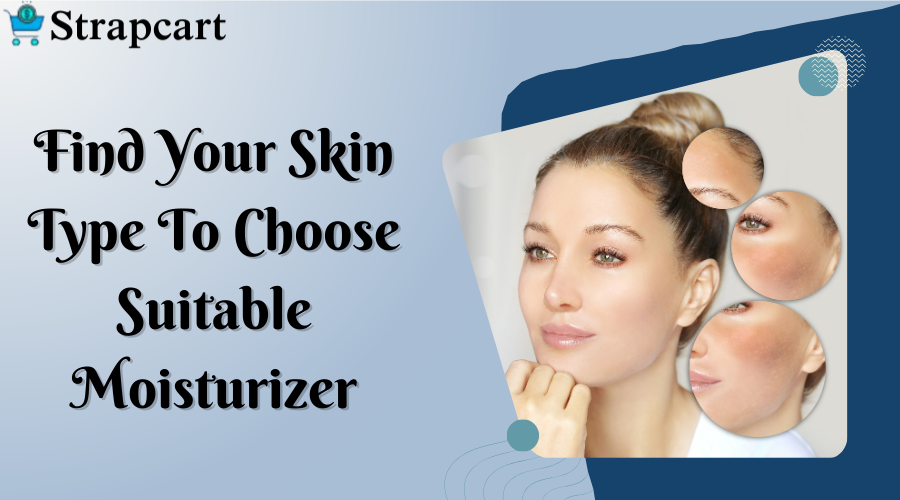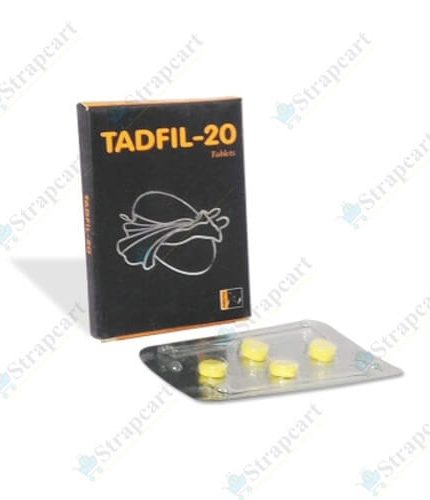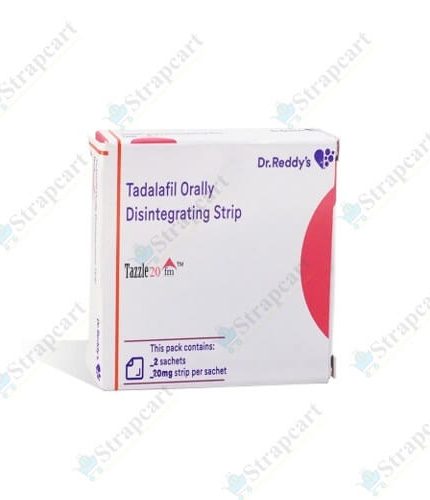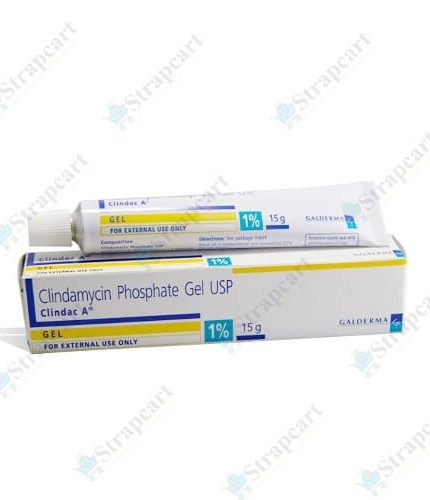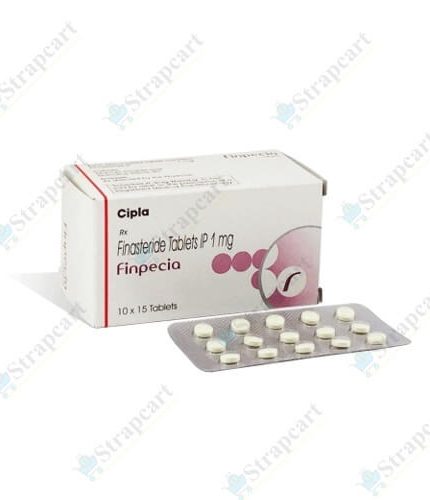Everything has a purpose. You can’t apply hair shampoo on your face (you literally can, but you shouldn’t, and I know you wouldn’t).
So, I was saying that everything has a purpose— your face wash has some meaning; your moisturizer has its function; your skin cream has its operation.
They work as per their designated purpose. Hence, you should know the purpose and minute details of all the moisturizers depending on the skin type.
Not all moisturizers are the same because they are planned and designed as per different skin types, and for you to consider them the same might detriment the health of your skin. Let’s investigate the best moisturizers for every kind of skin.
Normal Skin
It is hard to define normal skin; however, when your skin generates oil good enough to protect from irritants, and not over-produce it— then you have normal skin.
Normal skin doesn’t have acne, lesions, blackheads, or pimples. They are plushy and soft. So, when the layers of oil are perfectly balanced, and even, your role is to maintain the same.
You can keep the balance of the skin by resorting to lightweight cosmetics or water-based products. They keep the balance of the skin intact and don’t over or under-do.
It’s not easy to confirm a moisturizer, and that’s why you will have to test a few of them before sticking to something. For normal skin, Silicon-stuffed products are suitable.
Dry Skin
Anything that takes away the softness of your skin contributes to the dryness. In winter, dry skin can be of a significant problem because that’s when the skin loses hydration.
The skin might crack up, and in the worst condition, your skin might feel inflamed. For such dry skins, you need oil-based moisturizers; however, the volatility of the oil in the moisturizer negates the effect of it.
Under such a situation, using petroleum jellies can be helpful as they are not as volatile as regular oil-based moisturizers. The cream’s jelly particles attach the oil to the skin, preventing it from evaporating.
Sensitive skin
Just as sneezing is an allergic response by the nose; itching, redness, irritation, or rashes are the symbols of skin-sensitivity. The sensitive skin is allergic to several allergens like dye, chemicals, or anything for a matter of fact.
Hence, if your skin responds wildly to a little change, you need a moisturizer free of allergens. You need soothing chemicals such as aloe or chamomile which reduces the irritation of the skin.
The most intelligent method to determine which product is ideal for your skin type is to try it out, record the ingredients, and observe how it affects your skin. If the product doesn’t align with your skin type, avoid the composition, and try the next one.
Oily Skin
Oily skins are pretty easy to predict. The oily skins promote the growth of acne, blackheads, whiteheads, and lesions. Maintaining the specified skin type is difficult.
You might think that oily skin doesn’t need a moisturizer because of the existing strata of oil; however, you are wrong. By applying lightweight moisturizers, you fool your skin into believing “It doesn’t need to produce more oil; it has enough oil.”
Thus, using non-comedogenic moisturizers minimizes the natural oil production (sebum) on the skin.
Combination Skin
It has to be the toughest skin to maintain. The various skin patches in the mixed skin type have varying natural hues.
The cheeks may be dry, and the T-zone—the area around the nose, forehead, and chin—may be oily.
To balance the pH level of the cheeks, you will have to apply heavy moisturizer on them (it fends off the dryness and keeps the skin hydrated) and to manage the oily surface on the T-zone, you shall look forward to using oil-free lightweight moisturizers.
So, what is your skin type? How do you keep your skin healthy?

